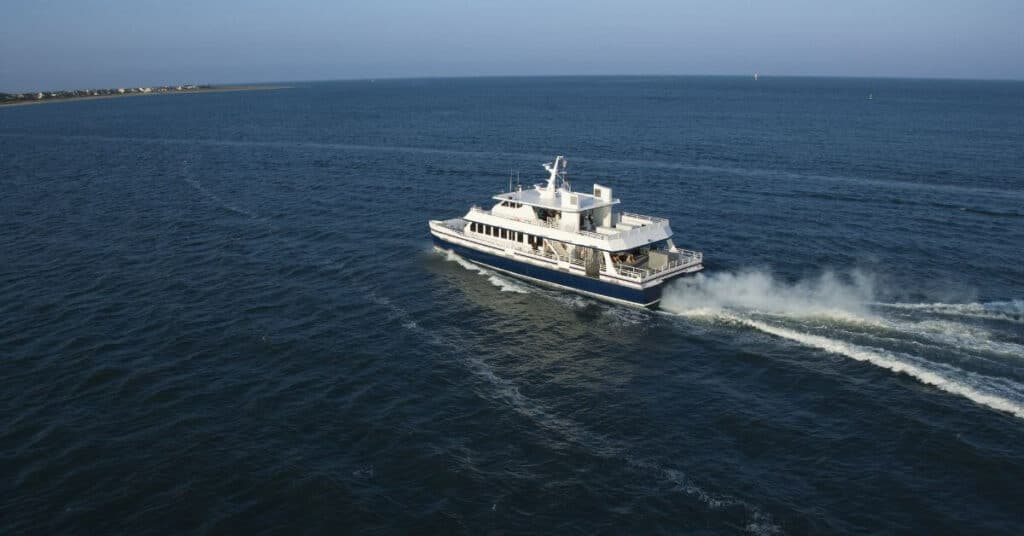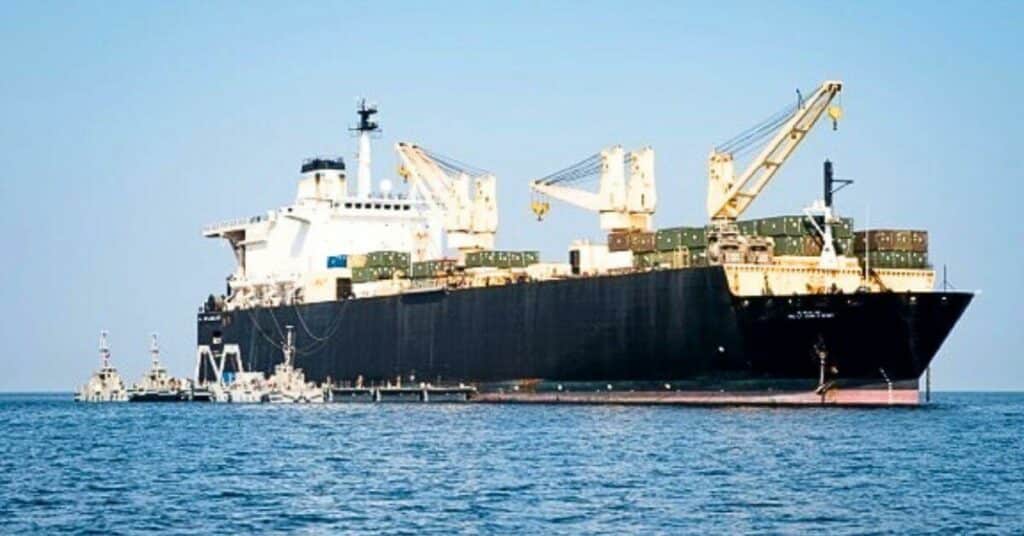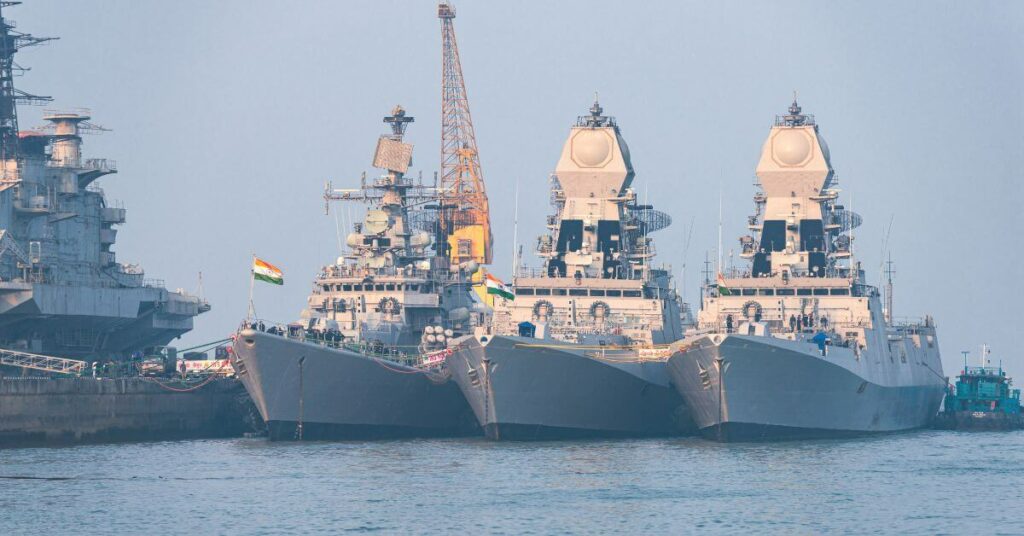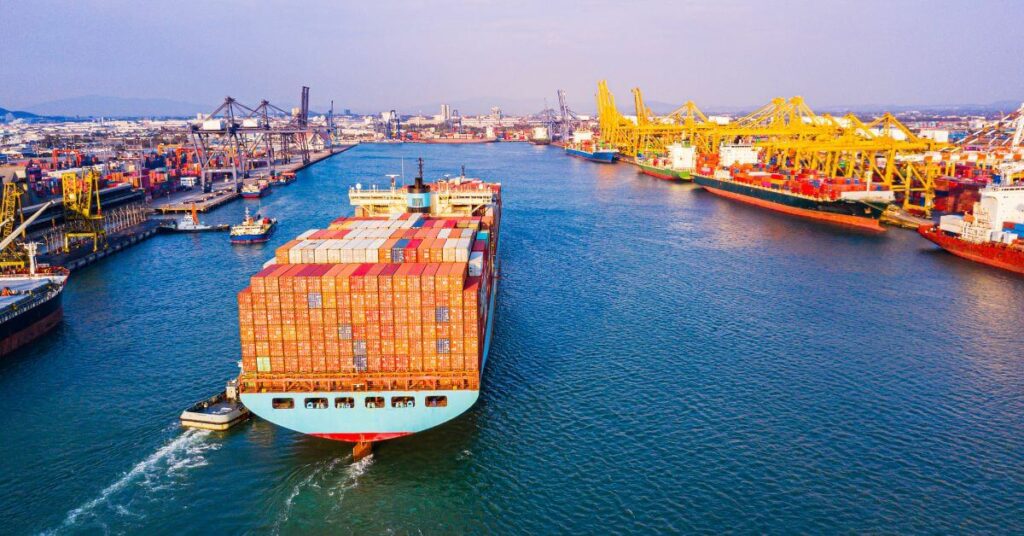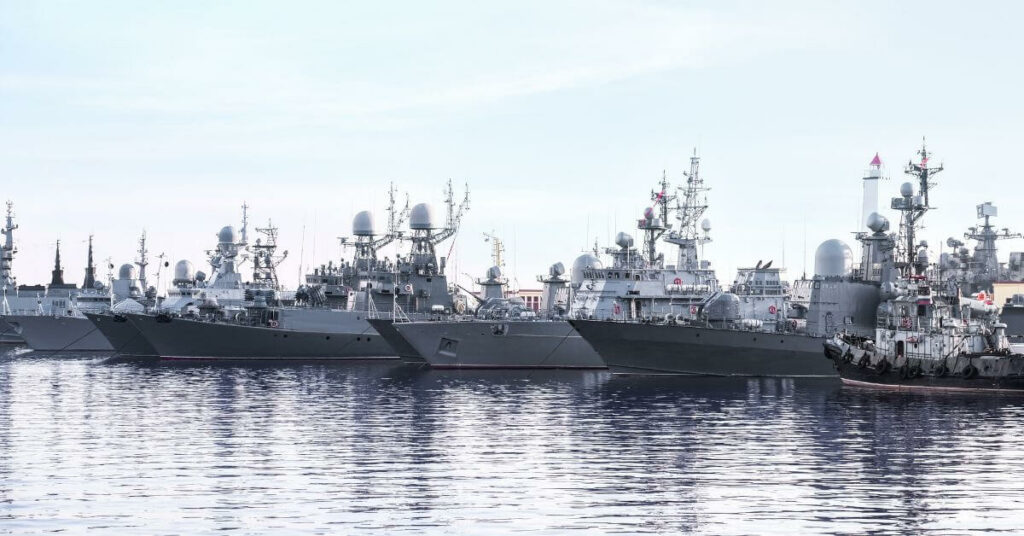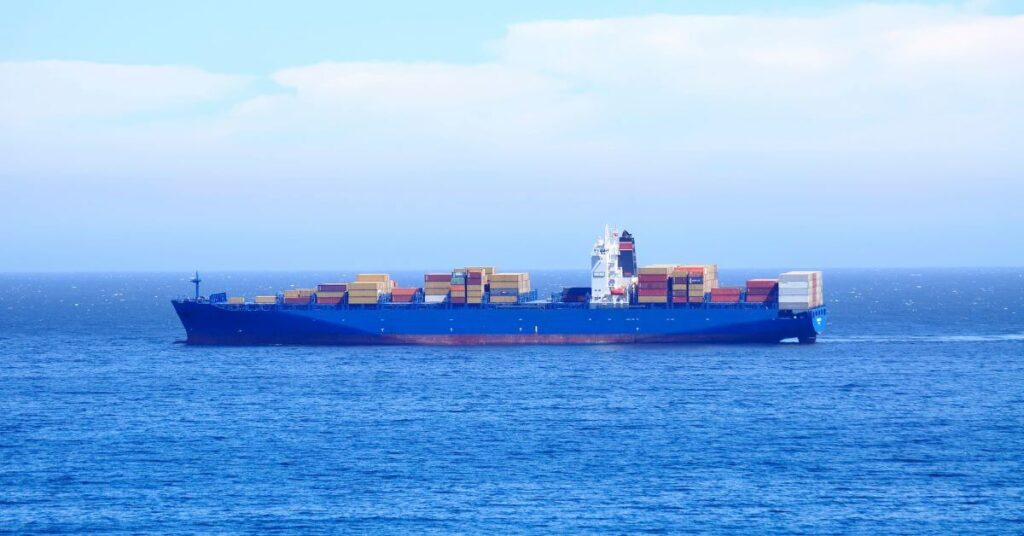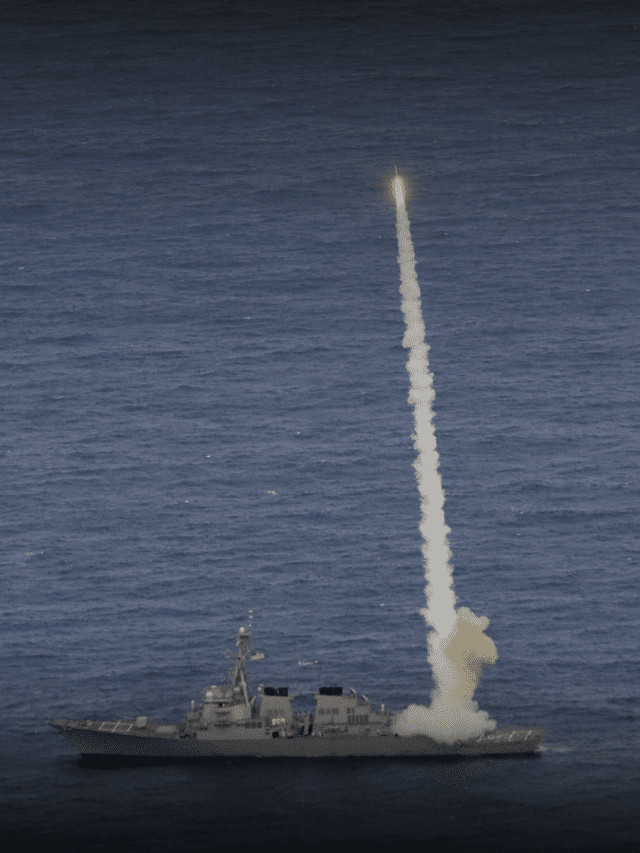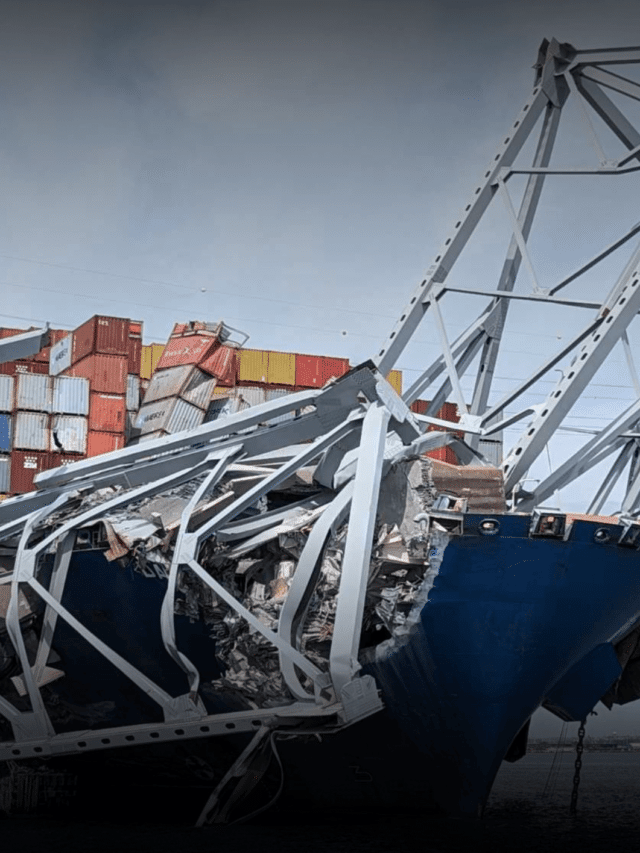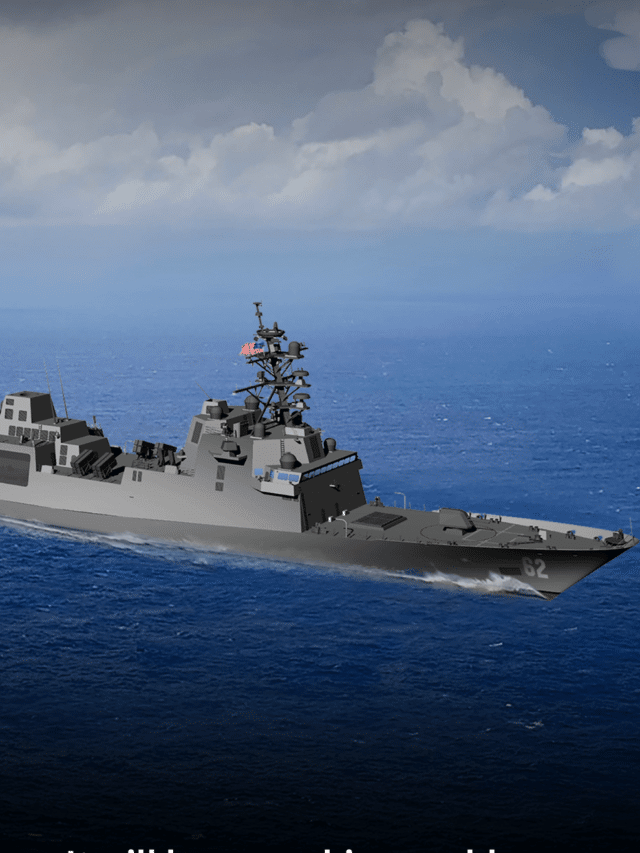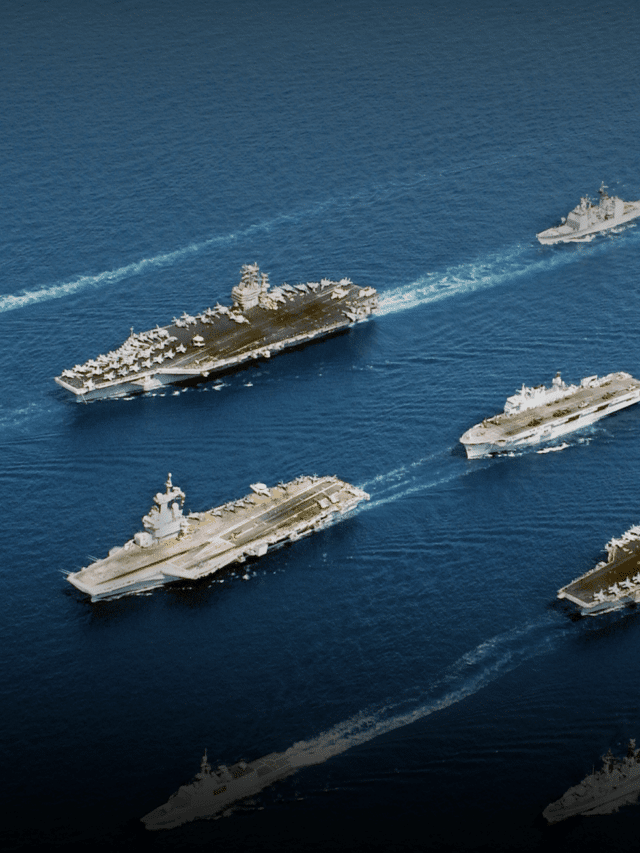Can Ammonia Be A Safe Fuel For Shipping Industry Of The Future?
A group of companies has come together to develop a better understanding of the practical realities involved in using ammonia as a fuel for ships.
Ammonia is one of a number of options to be a marine fuel of the future. One of the key elements in the group’s approach is to look at the broader spectrum of implications for many ship types and different operational requirements, including bunkering and port operations.
A first step has been to hold a hazard identification workshop (HAZID) to understand the risks involved with using ammonia as a marine fuel.

Panos Koutsourakis, Global Technology Leader for Sustainable Shipping at Bureau Veritas explains why ammonia is being considered as a marine fuel: ‘Ammonia is a carrier for hydrogen which can be generated from renewable energy and ammonia storage and transportation can, in principle, be managed with established technologies.’
‘But ammonia is both toxic and corrosive. We need to understand, if and how, the associated risks can be managed to merit further practical and commercial development – especially confirming the potential for stable combustion and NOx emissions. Furthermore, potential availability is not yet assured. Sufficient availability of “green” ammonia would require the scalable development of “Power-to-X” technologies to provide the volumes necessary for shipping.’
In comparison with conventional heavy fuel oils, ammonia is less energy dense, can be liquefied at -33°C, and stored at atmospheric pressure for use as a marine fuel.
The group of participants is focused on the safety issues that need to be addressed. Currently, aspects of using ammonia are not explicitly covered by the existing regulatory framework – notably IMO’s International Code of Safety for Ship Using Gases or Other Low-flashpoint Fuels (the IGF Code), and require specific attention. The group will perform detailed risk studies to assess the technical feasibility and specific safety risks of ammonia fuelled ships with a view to considering its potential as a safe fuel for the decarbonization of shipping. Each participating organization is providing its relevant expertise to the project in order to study all potential risks.
The HAZID workshop held at MAN’s offices in Copenhagen was the first of these studies.
Commenting, BV’s Diane Ruf, Head of Section, Risk, Reliability & Maintenance, at Bureau Veritas Solutions, Marine & Offshore, said, ‘The workshop was carried out to identify the safety and operational hazards associated with the use of ammonia as fuel for propulsion engine on board a VLCC. The study led to the identification of practical safeguards and recommendations which should be considered in order to lower the risks to As Low as Reasonably Practicable (ALARP). It covered: NH3 storage space and bunker stations, NH3 Fuel Treatment Room and HP Fuel Pump Room (combined), Engine Room (Gas-safe), Vent/Safety system lines and Vent Mast and ship’s operations.’
Next steps are being considered, but will include addressing operational hazards and looking more deeply at conceptual designs based on different vessel types.
Press Release
Disclaimer :
The information contained in this website is for general information purposes only. While we endeavour to keep the information up to date and correct, we make no representations or warranties of any kind, express or implied, about the completeness, accuracy, reliability, suitability or availability with respect to the website or the information, products, services, or related graphics contained on the website for any purpose. Any reliance you place on such information is therefore strictly at your own risk.
In no event will we be liable for any loss or damage including without limitation, indirect or consequential loss or damage, or any loss or damage whatsoever arising from loss of data or profits arising out of, or in connection with, the use of this website.
Disclaimer :
The information contained in this website is for general information purposes only. While we endeavour to keep the information up to date and correct, we make no representations or warranties of any kind, express or implied, about the completeness, accuracy, reliability, suitability or availability with respect to the website or the information, products, services, or related graphics contained on the website for any purpose. Any reliance you place on such information is therefore strictly at your own risk.
Do you have info to share with us ? Suggest a correction
About Author
Marine Insight News Network is a premier source for up-to-date, comprehensive, and insightful coverage of the maritime industry. Dedicated to offering the latest news, trends, and analyses in shipping, marine technology, regulations, and global maritime affairs, Marine Insight News Network prides itself on delivering accurate, engaging, and relevant information.

About Author
Marine Insight News Network is a premier source for up-to-date, comprehensive, and insightful coverage of the maritime industry. Dedicated to offering the latest news, trends, and analyses in shipping, marine technology, regulations, and global maritime affairs, Marine Insight News Network prides itself on delivering accurate, engaging, and relevant information.
Latest Shipping News Articles You Would Like:
Subscribe To Our Newsletters
By subscribing, you agree to our Privacy Policy and may receive occasional deal communications; you can unsubscribe anytime.
Web Stories




